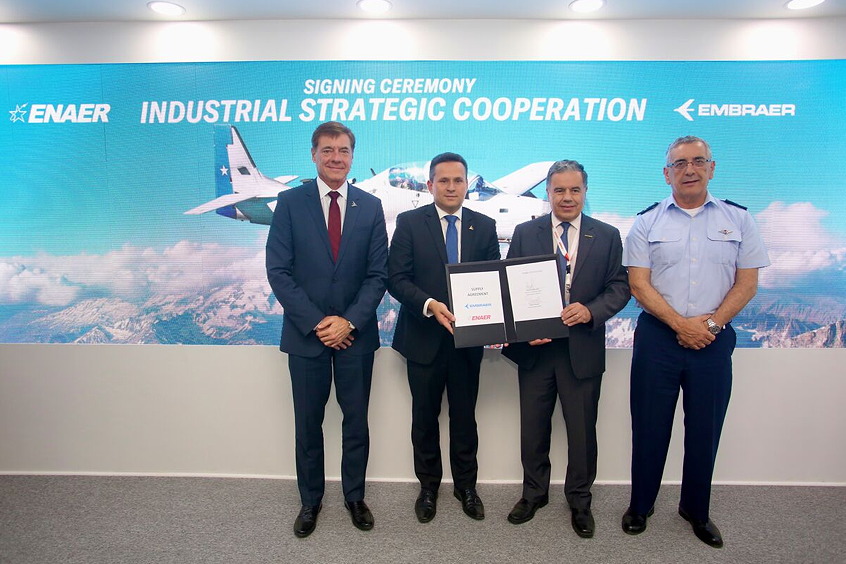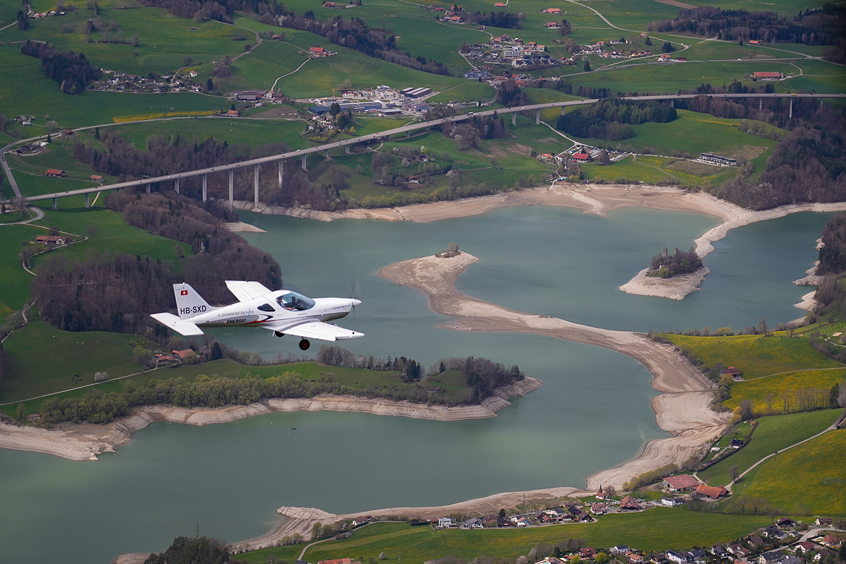Since starting production ten years ago, the jet fuel aircraft engines from the Centurion series have achieved some notable accomplishments. Now they have crossed a new record threshold: Centurion engines have logged over 3 million flight hours by the end of 2011. Being far the most flown jet fuel piston engines in the world, they consistently prove their reliability and economy in the General Aviation and Unmanned Aerial Vehicle (UAV) applications. The company has also announced its contract partnership with AeroDiesel Baltics as a sales partner for Estonia, Latvia, Lithuania, Russia, and Kazakhstan. Four additional Service Centers are also expanding the service network in China.
Based in the city of Lichtenstein in Saxony, Germany, Centurion Aircraft Engines AG & Co. KG, the market leader for diesel aircraft engines in General Aviation, has announced that engines from the Centurion series have exceeded 3 million flight hours by the end of 2011. "About 1.4 million of these flight hours were logged by the Centurion 1.7, whose market launch in 2002 provided the necessary momentum for developing alternative propulsion systems for small aircraft and UAVs. The other 1.6 million flight hours were logged with the successors that are series-produced today: the Centurion 2.0 and Centurion 2.0s," explains Centurion CEO Jasper M. Wolffson. He is also pleased with the continuing expansion of the sales and service network. There are now 330 service centers located around the globe.
Engines from the Centurion series are characterized by their excellent economy and reliability. They all have the same weight and, unlike those of competitors, are specifically designed to be installed into existing cowlings. This makes application in various manned and unmanned aerial vehicles possible, as well as making the switch from a Centurion 1.7 to a Centurion 2.0 or 2.0s a technically simple issue.
Centurion engines have shown above-average reliability. According to the information from the FAA, an engine fails in flight every 10,000 flight hours in General Aviation. The failure rate with Centurion engines is considerably lower than that figure – by more than 50 percent. As a technological progression from the 1.7, all the knowledge gained from the experience with this predecessor was naturally incorporated into the development of the Centurion 2.0. For example, the lifetime of the Centurion 2.0 is 1500 hours surpassing the one of the 1.7 by 50 percent. The lifetime of the clutch's current design level for the diesel engines Centurion 2.0 and Centurion 2.0s has been extended from 300 to 600 hours. For this reason, the exchange of the friction disk after 300 hours is no longer necessary for all Centurion 2.0 and 2.0s which are equipped with the current clutch design. The current gearbox is also designed for this lifetime and is awaiting official authorization for extension.
"Centurion engines are viable for the future from both an economic and an ecological perspective as they can run on standard jet fuel (Jet A) and do not rely on aviation gasoline (avgas)," says Jasper M. Wolffson. "Along with independence from avgas, Centurion engines offer a wide range of 'green' values: They do not emit any lead, and nitrogen and hydrocarbon emissions are considerably lower than their avgas counterparts. Additionally, Centurion engines consume less fuel and fulfill stringent noise pollution requirements. Recently, the jet fuel standard ASTM 1655 was expanded to allow blends of components that have been manufactured using the Fischer-Tropsch method or of biological fats. Operators of Centurion engines are on the safe side: The engines are perfectly suited for fuels with semi-synthetic or biofuel components. Even future fully synthetic fuels will not present any problem."
| Contact details from our directory: | |
| Technify Motors GmbH | Piston Diesel Engines, Full Authority Digital Controls, Electronic Flight Instrument Systems |
| Related directory sectors: |
| Engines |
Weekly news by email:
See the latest Bulletin, and sign up free‑of‑charge for future editions.

Bell Mexico delivers 800th commercial aircraft cabin

Chile's ENAER expands cooperation with Embraer

Eve names KAI as supplier for eVTOL pylons
